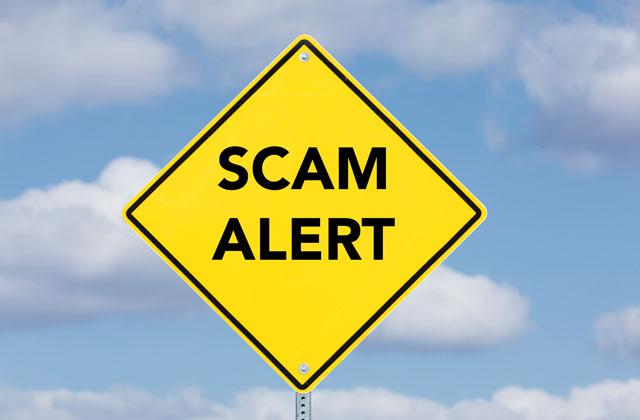With the Florida hurricane season in full swing, state and federal officials are warning residents about fraudulent activity that might blow in after a severe storm rakes through.
From fake contractors to insurance scams, organizations such as the Florida Department of Financial Services and FEMA are providing residents with the tools to avoid becoming a victims.
“Do not feel pressured to sign anything without doing your research first,” said state Chief Financial Officer Jimmy Patronis. “If you see signs of fraudulent activity in your area, report it to my office immediately by calling our Fraud Tip Hotline at 1-800-378-0445.”
According to Patronis, signs of storm-related fraud include a contractor or restoration professional who:
Offers to waive or discount your insurance deductible;
Has received payment and has failed to provide any repairs to your home;
Offers to provide repairs at a cash-only discounted rate and has failed to provide repairs to your home;
Pressured you to sign an Assignment of Benefits (AOB) and has failed to provide any repairs to your home or stopped responding to your contact attempts.
Following the impacts of Hurricane Ian in 2022, the state’s Financial Services department deployed six Anti-Fraud Strike Teams to protect vulnerable residents from fraud. Each team worked to educate and inform the public on signs of fraud and to ensure contractors were following all applicable Florida laws while conducting repairs.
Working with FEMA
- Keep in mind that If you have applied for disaster assistance, FEMA will notify you of its decision. The agency may also contact you if it needs additional information to process your application. This may come in the form of a letter. In some instances, you may receive a phone call. Review your FEMA letters carefully.
- Disaster survivors need to be aware con artists and criminals may try to apply for FEMA assistance using names, addresses and Social Security numbers they have stolen from survivors. If a FEMA inspector comes to your home and you have not filed a FEMA application, your information may have been used without your knowledge. Tell the inspector you did not apply for FEMA assistance.
- Be cautious if somebody asks for your nine-digit application number. A FEMA inspector will not ask for this. They already have it in their records and may provide it to you to confirm they are interacting with the correct person.
- Do not let someone into your home who claims to be a FEMA employee but does not have a FEMA photo identification. All FEMA representatives carry a laminated photo ID. To report suspected fraud, call the FEMA Disaster Fraud Hotline toll free at 1-866-720-5721. If you need to report other fraudulent activities during or following a natural disaster, notify FEMA at 1-866-720-5721 or disaster@leo.gov.
Avoiding post-disaster insurance scams
If you get a phone call about an insurance claim or policy, don’t give out any personal information or agree to any payment until you can independently verify that the call is legitimate. If the caller says they’re from your insurance company, hang up and contact your agent or the company directly using the number on your account statement. Policyholders with the National Flood Insurance Program (NFIP Direct) can call 1-800-638-6620.




